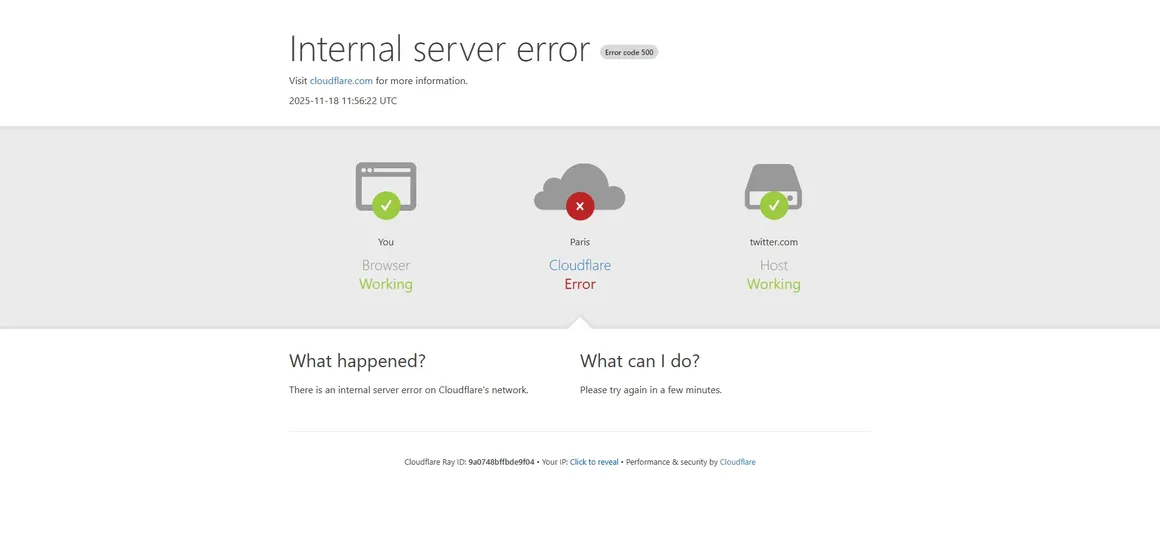Posted on May 30, 2020 at 2:55 PM
HackerOne Hackers Earn $100 Million, could Earn $1 Billion by 2025
Ethical hackers have shattered all hacking records by earning $100 million from bug bounties on HackerOne, a top security platform. This represents an 85.6% growth over one year. The bounty payment increased by 17.5% since the coronavirus pandemic began, the organization said on Thursday.
HackerOne is the world’s number one hacker-powered security portal. It announced that the hackers on the platform have crossed the $100 million mark through ethical hacking.
Security researchers who are engaged in ethical hacking are paid a bug bounty for discovering a flaw in the system to enable the affected organization to get patches for the vulnerability.
The security platform said almost half of bounty earnings were awarded in the past year, which shows how ethical hackers are helping to address the needs of network security in the interconnected society.
Hackers are making a career out of ethical hacking
The amounts of bug payments made to ethical hackers have increased tremendously over the years. From $30,000 paid to hackers in 2013, the amount has increased to $5.9 million in 2020. Now, some people are thinking about the ethical hacking career because they increasingly believe it’s a nice career path.
Co-founders of HackerOne, Michiel Prins and Jobert Abma, stressed on the importance of their jobs towards the safety of organizations.
“We started out as a couple hackers in the Netherlands with a crazy belief that hackers like us could make organizations safer,” they said.
They further sent words of appreciation to the ethical hackers who have contributed in one way or the other to make the internet safer for organizations.
With the positive power of the expansive community of ethical hackers, it restores trust, protects privacy, reduces cybercrime, and pools hackers’ defenses against data breaches in the digital community.
The HackerOne community has grown to new heights since the start of the year, which is helped by the present COVID-19 environment.
The platform has uncovered about 170,000 vulnerabilities from more than 2,000 customer programs. There has been a 343% increase in the number of signups for those enrolling in the Hacker101 program for aspiring ethical hackers.
Also, every hour, $6,000 bounties are paid out on the platform, and there has been an average of 84 registrations for new hackers every hour on the platform.
HackerOne will reduce the risk of a data breach
The co-founders said they want to build a community that can test and verify all pieces of the digital connected civilization. With this milestone, the platform hopes to even attract the best hackers and provide organizations and companies unmatched ROI. This will significantly minimize the risk of a data breach, they said.
They further continued that the world has reached a point where ethical hackers have become very relevant to organizations. Except they want to risk losing a significant portion of their resources, they need the services of ethical hackers to help secure their systems.
In the new world, openness and transparency are the way forward, but not secrecy, they reiterated.
HackerOne’s growth correctly predicted
In 2017, Mickos said it expected the HackerOne community to reach 1 million and earn up to $100 million in bounty payments before the end of 2020. With this announcement by the HackerOne co-founders, it seems Mickos prediction was right after all.
There have been more than 700 000 signups for ethical hacking on the platform. Before the end of the year, the number of signups would have crossed the 1 million predictions.
The future outlook looks exciting
In the next 15 years, HackerOne says it would have produced more than 500 Chief Information Security Officers (CISOs). These motivated and skilled people will help to minimize cyber risk in important government agencies and commercial enterprises.
In line with the current growth in the ethical hacking industry, experts have predicted that hackers in the HackerOne platform may earn a combined total of $1 billion within the next five years.











